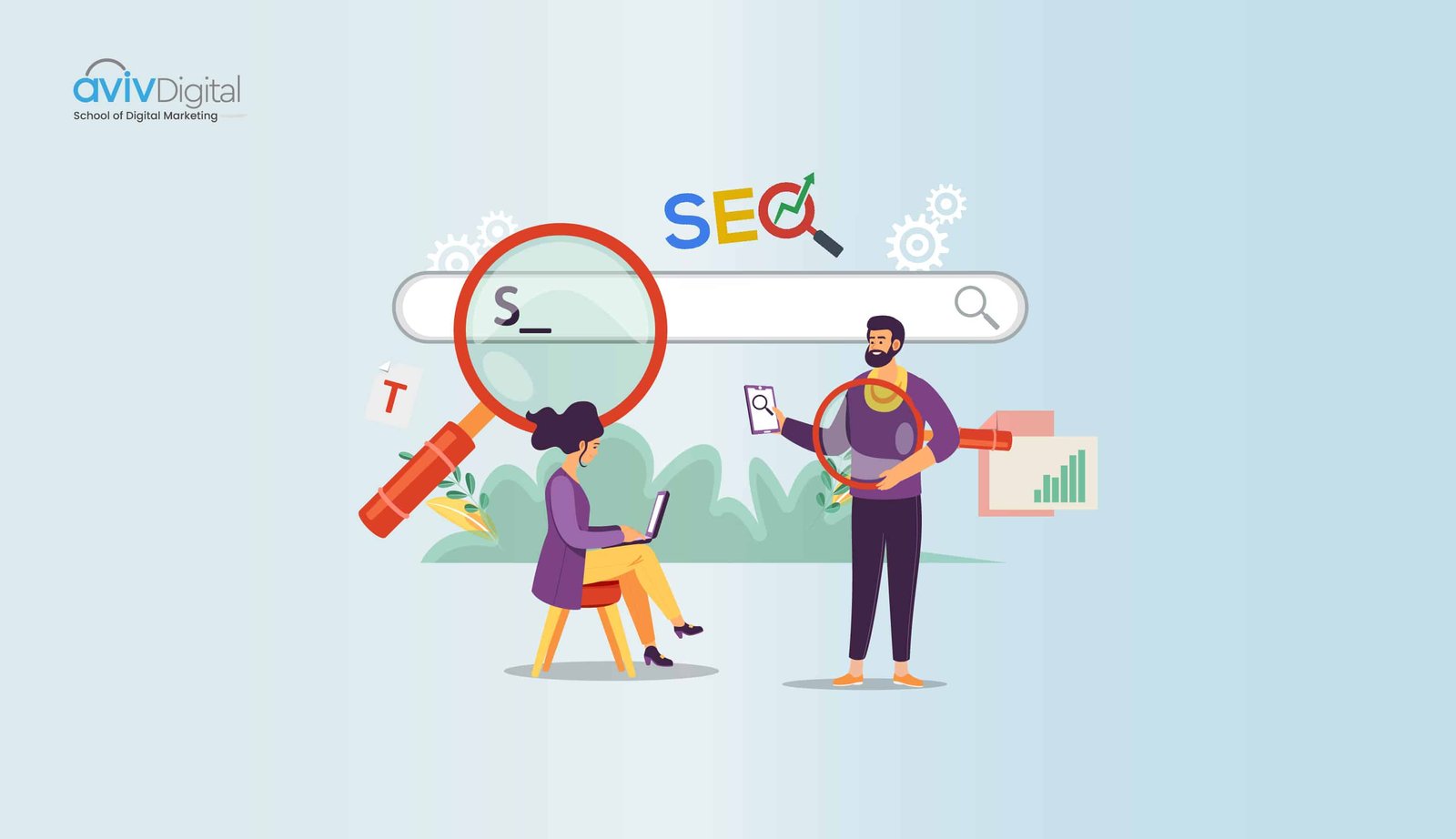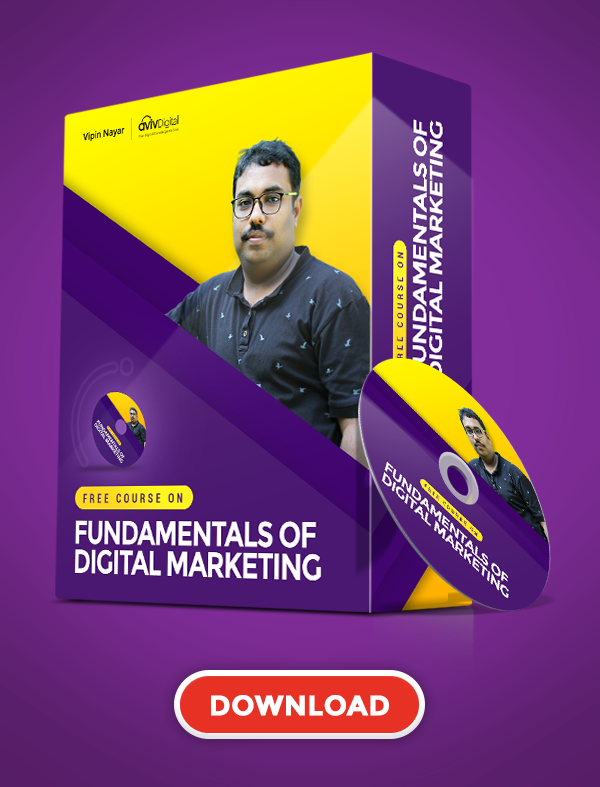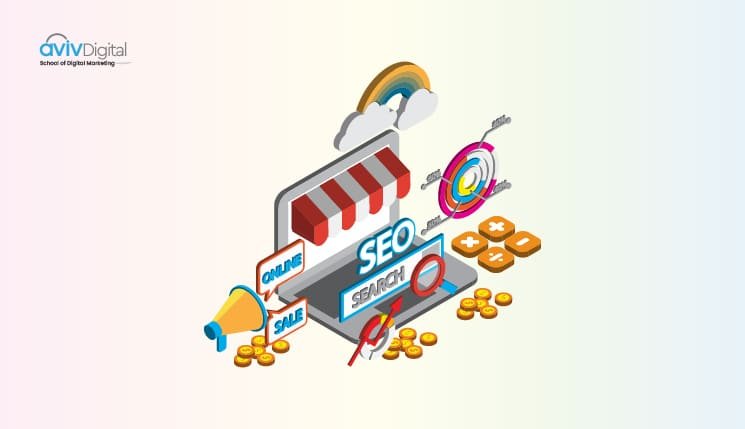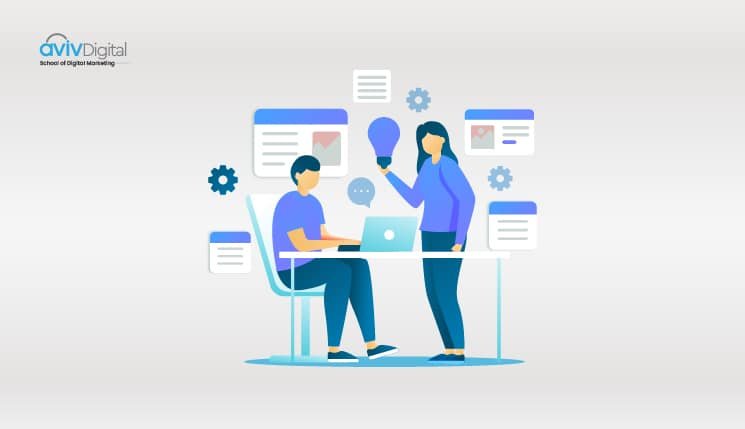

SEO has changed significantly in recent years, with unpredictable algorithm shifts and new innovations. It is crucial for online marketers to understand evolving user behaviour metrics and the latest tools for better optimization of websites.
Advancements in technology define how users interact with websites and how search engine crawlers align in search engine results page (SERP). Keeping up with the updates can be helpful in applying advanced strategies while approaching SEO and digital marketing.
The internet reached a total of 1.13 billion websites from 1 million websites in 1997, including a new search engine named Google. Seo has advanced with timely updates to catch up with evolving technologies of search engines.
The 1990s search engine algorithms filtered results primarily based on keyword matches. But in the 2000s, the focus shifted to link building as keyword stuffing became widespread.
Twenty years later, the principles of search engines remain the same, though almost everything about technology and the data landscape has been overturned.
The rise of black hat techniques continued to exist, forcing search engines to focus on high-quality content and user experience as filtering factors in SERP. Over time, SEO had to advance from just a keyword-centric approach to ensuring essential factors such as usability, security, and user intent in websites.
Advancements in natural language processing (NLP) technologies compelled SEO strategists to focus on topic clusters and content that genuinely answer user queries rather than targeting specific keywords.
The rise of digital assistants has resulted in the popularity of voice search technologies. Consciously or unconsciously, we have accepted our mobile phones as a “creature” with whom we can discuss our personal matters. More than 1 billion voice searches take place every month, as of the latest reports.
Most of us wouldn’t have expected this popularity of image-based searches before 2018. Canonical advancements like this have influenced conditioning search behaviour of uses to be more personalized in various ways. The popularity of smartphones has rewritten the future of technology a decade ago. Artificial intelligence has been doing the same to the industry after 10 years.
Artificial intelligence, Search Engines, and SEO
The conjunction between AI, SEO and search engines is shaping search results pages to the next level. Search engines use AI for sophisticated algorithms to filter factors like relevance and content quality. While SEOs utilize AI tools to simplify their repetitive tasks and focus on aligning with user centric approach of search engines.
The advent of machine language technologies lets search engines learn automatically about user intent and the context of search by analyzing past experiences. These technologies analyze user patterns and adapt their behaviour based on what they “discover” from this research.
The generative AI supported by machine learning and natural language processing technologies can be more engaging and interactive than traditional search engines. Clubbing AI platforms into search engines has accelerated this redefinition of search results.
Features like Search Snippet on Google provide short and precise answers to user queries and a quick glimpse into what that page offers on a given topic. These changes obviously affect SEO, with 58% of SEOs planning to integrate generative AI functionalities into their workflows soon.
The experimental projects of Google, like SGE (Search Genrative Experience), may replace the current algorithms in upcoming years. Meanwhile, AI tools can help simplify technical SEO by identifying issues like broken links or slow loading times and offering solutions for improved ranking.
Latest Trends in Search Behavior
It is crucial to stay updated with changes in search behaviour along with technological updates. The key to building brand trust in your audience is to reach out to them with relevant information and the right strategies.
Dominance of Visual Search
With the advancements in image recognition technologies and the dominance of smartphones, visual search is on the rise, replacing keywords. The latest study by Accenture shows that 69% of GenZ adults prefer to purchase based on visual oriented searches. You can optimize your content with features like deep tagging, an image-to-text technique letting search engines interpret the content of images. Visual search solutions launched by Google, Bing, Pinterest, Amazon, Snapchat, and Instagram have already become Popular, forcing SEO strategies and e-commerce marketers to adapt to the change.
Intent-Driven Searches
The dominance of smartphones has been reshaping the “doubting nature“ of human life. Questions like “I want to”, “know”, “do”, and “buy” are asked by 91% of mobile users during their daily tasks. Understanding these intend-driven searches is crucial while creating and optimizing your content. Keep in mind to make concise content in responsive designs that fit all devices.
Do keyword research, SERP analysis, and surveys on target audiences to find appropriate content formats. Marketing is reaching out to customers when they are looking for support rather than pushing ads.
Personalized Search Experience
A personalized search experience refers to tailoring search results and features in the SERP based on individual needs and preferences. This optimization goes beyond just keywords, and it aligns results based on things like time of the day, current location, and previous interactions with the platform.
Integrating your websites with personalized experience is crucial since it can reduce bounce rates and increase conversion rates. You can optimize websites for a personalized search experience with localized and engaging content, continuous monitoring, and personalized keyword research.
Voice Search and Digital Assistants
We have already mentioned about popularity of voice search at the beginning of the article. The convenience and hand-free nature of voice search made it accessible and acceptable for everyone. It affects SEO, like digital assistants often read out featured snippets from search results, forcing marketers to better optimization of content.
Try to focus on conversational keywords and natural language processing rather than short and exact keywords. Also, ensure mobile friendliness of websites since voice and image search majority of these searches happen from mobile phones.
Voice Search and digital assistants are still in their early stages of development, and we expect these technologies to advance in popularity in the near future. Seo is an ongoing process, and it’s important to continuously adapt your strategies to keep up with trends.
Best SEO Strategies to Use in 2024
2024 will be a significant year for the world of information technology as it is going through major changes in fundamental principles. SEO is unpredictable, just like weather, and competition is at its highest level.
The above-mentioned changes in user search behaviour and algorithm shift with technological advancements are paving a new perspective in this industry in the upcoming years


Despite all uncertainties, companies with different levels of SEO teams anticipate AI to create positive changes in SEO. The conductor survey shows adapting to AI technologies is the biggest challenge for most SEO strategists in 2023. The much-anticipated release of Google SGE takes things to the next level, affecting management and current strategies.
Continue to read to gain insights into strategies we should be prepared to maintain the competitive advantage.
The Growing Importance of UX
UX (User experience) and search engine optimization are often seen as separate entities, but the new changes have SEO as a major influence while designing UX. This means you need to make websites user friendly and search engine algorithm compatible to get the best results for your efforts.
Most importantly, ensure your website is mobile-friendly since half of the web traffic comes from mobile devices. The core web vitals are also as important as UX while forming your SEO strategies. It refers to performance metric of the ranking system by Google.
The core web vitals take into consideration of loading speed, interactivity and visual stability of websites. Improving these metrics and blending the best UX is important for ranking websites in search results.
Crafting Quality Contents
Content defines any information that is published on a website, such as blogs, videos, and interactive elements. Creating informative and engaging content relevant to the target audience has always been the basis of SEO.
Research about keywords your audience is searching for and use them effectively. However, recent changes in algorithms focus on content quality more than anything. Try to structure your content around topics rather than individual keywords to create authority in your niche.
Draft your content in a long-form structure to rank higher in search results and provide more value to users. Keep in mind what Yoast van den Sanden, Co-founder of Yoast SEO, quoted,
“People don’t search for content, they search for solutions. Give them those solutions in the form of great content and you’ll win.”
Technical on-page SEO optimization
Technical SEO is the process of improving website ranking by making webpages easy to crawl, reducing loading times, and making them more understandable to search engines. The statistics by Google say the bounce rate increases to 32% when the loading time exceeds two seconds.
Without proper technical optimization, search engines might be unable to find and index all your pages. This process involves factors like having a sitemap, proper internal linking, alt texts, etc. Google prioritizes websites that offer a smooth user experience in search results. The benefits of technical SEO can take time to reflect in results, yet they can be sustainable for a long time.
Utilise Machine Learning, AI, and NLP in SEO
These technologies help search engines understand the meaning and context of website content and user queries. It is the aspect that modern SEO uses to overcome traditional keyword matching to focus on user intent and semantic relationships.
NLP identifies synonyms, related terms, and variations of keywords to address user needs accurately. Instead of relying on traditional keyword stuffing methods, try to tune your content with user feelings and sentiments since NLP can understand variations in user emotions.
NLP combined with machine learning will lead search engine algorithms and SEO in the coming years. Embrace the changes in a timely manner with experimental moves in your SEO journey.
Apply E-E-A-T
E-E-A-T stands for Experience, Expertise, Authorititisvness, and trustworthiness, is a concept of Google to evaluate YMYL (Your Money Your Life) topics like health, finance, and law. Although it’s not an official ranking factor, building strong EEAT signals impacts your search visibility and user trust.
Initially, it consisted of E-A-T til late 2022; the extra E for Experience was added just before the release of popular language model Chat GPT.
In the year 2024, showcasing the expertise of your content creators with author bios to establish credibility. Quality content can attract attention, and authoritativeness can gain others to refer your works to their sites.
Encourage your audience to leave a review on your services and keep in touch with them with positive communication. It affects your user trust and SEO crawling alike.
The search quality rater guidelines show “a shopping checkout page that has an insecure connection” as untrustworthy to list in SERP. Provide a safe browsing environment for your users with proper strategies.
Conclusion
Search engine optimization is an interesting and attention-demanding field due to its unpredictability in advances. Use new technologies to enhance your SEO efforts, interpret the insights, and craft strategies that resonate with the target audience and search engine algorithms. While advances in artificial intelligence offer significant advantages, they shouldn’t replace human expertise and creativity.
Aviv Digital is one of the leading Digital marketing course in calicut. We offer a wide variety of globally recognized certification programs that include SEO, SEM, SMM, Email Marketing and Inbound Marketing courses. For more details, Contact us at: +91 8156998844









